CHARITABLE GIVING LEGACY
Many people decide to leave a legacy by
contributing to their community through charitable
giving. For example, many folks tithe 10% of their
income to church or are annual members of theatre
companies like the Kennedy Center or Arena Stage.
Others commit funds to their former school or
support historically black colleges through the
United Negro College Fund. Still others choose to
leave a legacy by supporting economic
empowerment through the US Black Chamber’s
Economic Development Fund. But while these
aims to ‘give back’ are commendable, care should
be taken to ensure they are sustained. When the
person who has made consistent contributions to
causes they hold dear, suddenly passes away or
becomes ill, these contributions are jeopardized.
To avoid this, I recommend that charitable givers
pass on their visions as part of their estate plan. In
this way, our charities will not lose significant
sources of revenue and the mission that has been
important to the donor can continue.
There are numerous options for setting up a
charitable contribution in your estate plan. The
easiest is a simple bequest through your will that is
a direct distribution upon passing through the
probate process. I have outlined three options
below. lifetime income stream for you, and
significant tax benefits to you and your heirs.
Ultimately, it may be even more beneficial for you
than a simple bequest.
Charitable Remainder Trusts (CRTs) are
irrevocable, tax-exempt trusts in which you place
assets to provide income for yourself during a specific
period after which, the remaining assets will be turned
over to your chosen charity. The trust can be funded
with assets such as bonds, mutual funds, stocks, and
real estate. It offers flexibility, a lifetime income
stream for you, and significant tax benefits to you and
your heirs. Ultimately, it may be even more beneficial
for you than a simple bequest.
For instance, if you have an appreciated asset
like real estate, and you sell the property yourself, you
will likely pay high capital gains taxes. But if you
transfer the property to a charity through a CRT, the
trustee may be able to sell the property with no gift,
estate, or capital gains taxes for the donor. The trustee
can then set up an investment that will provide an
income stream for you, which will be subject to
ordinary (i.e. lower) income taxes and capital gains.
At the death of the last beneficiary or the end of the
trust period, the remaining amount is distributed to the
named charity.
A Charitable Lead Trust is different from a CRT
because it allows you to place in trust assets that will
be left to your heirs; however, you specify a set
number of years during which a guaranteed amount in
the trust will be paid to a charity. You pay a
discounted gift tax when transferring assets to the
trust and the trust's beneficiaries are free of estate
taxes.
Setting up a Foundation is a way to provide
systematic gifts of special importance to you, the
founder. Foundations can fund college scholarships,
research grants, and the maintenance of collections or
real estate, among others.
We must be strategic and thoughtful in developing
our estate plans; it should include our values and
strengthen our legacy, ideally while saving tax
payments. Know your options when planning. But
nothing will happen to forward your goals and your
legacy if you do not plan.


